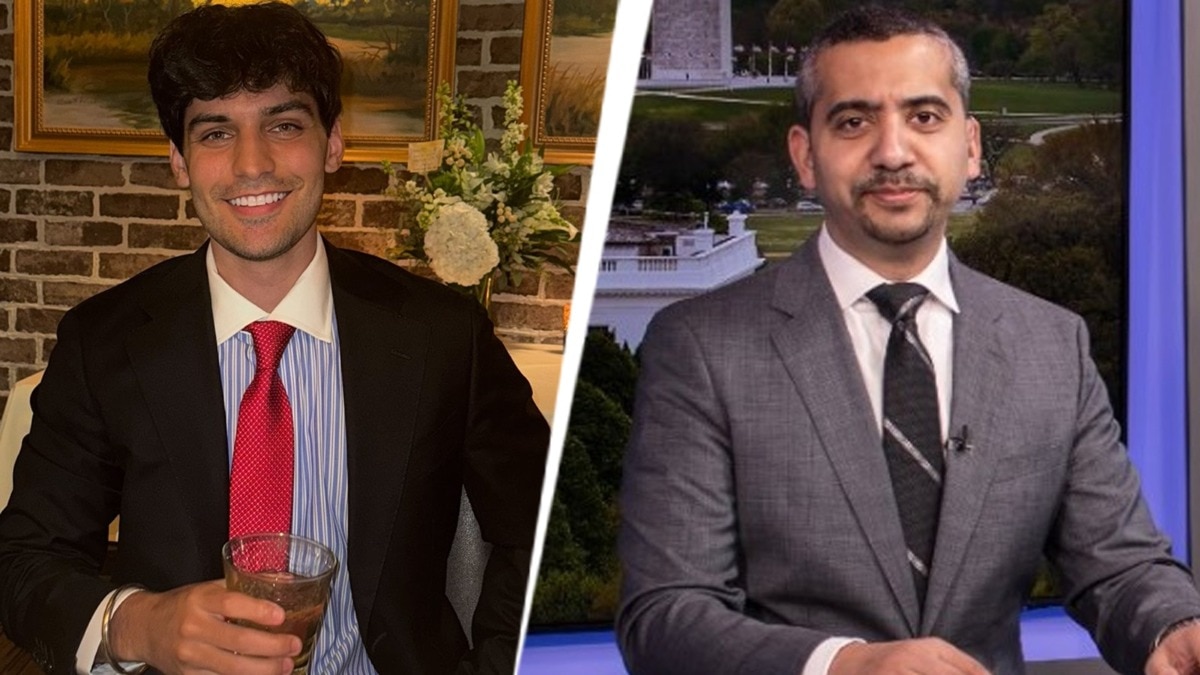A fiery debate over immigration erupted on social media between Nalin Haley, the 24-year-old son of Republican leader Nikki Haley, and British-American journalist Mehdi Hasan, exposing the growing tensions in the United States over jobs, artificial intelligence, and foreign workers.
The argument began after Nalin Haley posted on X (formerly Twitter), urging an end to “mass immigration.” He argued that overcrowding, a fragile economy, and the rapid rise of AI in the job market made it “irresponsible” to allow more immigrants into the country.
“I don’t care where you are from. Even if it’s Canada, we have to stop mass migration,” Haley wrote. “It’s irresponsible to let in immigrants when companies already aren’t hiring, AI is replacing many jobs, and the economy is fragile. The last thing we need is foreigners taking away jobs Americans can do.”
Haley further suggested that states should be empowered to deny H-1B visas and backed stricter checks introduced during the Trump administration, which recently imposed a $100,000 fee on new H-1B applications.
Journalist Mehdi Hasan, founder of the media platform Zeteo, fired back by highlighting Haley’s own immigrant lineage. Hasan noted that Nalin’s grandfather, Ajit Singh Randhawa, migrated from Punjab, India to the United States in 1969—a time when immigration rules were far stricter and public hostility toward immigrants was high. Randhawa, a biologist with a PhD from the University of British Columbia, later joined Voorhees College in South Carolina as a faculty member and remained there until his passing last year.
Hasan, whose own parents migrated from Hyderabad, India, drew attention to the irony in Nalin’s anti-immigration stance, given his family’s history.
Haley responded sharply, rejecting the comparison and escalating the exchange:
“This ain’t 1969, bud. And you should be denaturalised. All you do is complain about America anyway,” he wrote.
The heated exchange has since sparked wider online debate over immigration hypocrisy, the economic impact of AI, and the political influence of second-generation immigrants in shaping the American narrative.


